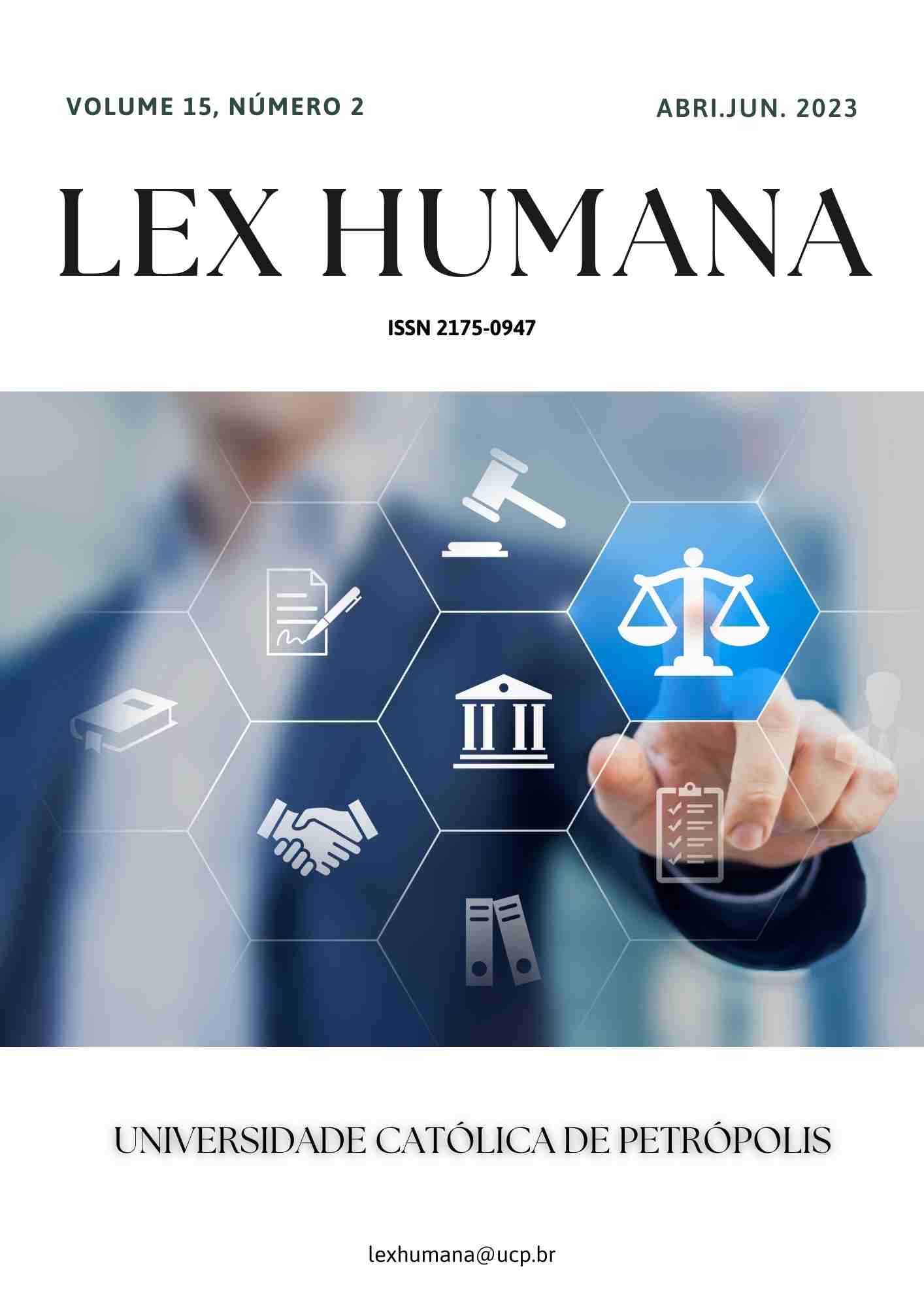Abstract
This article seeks to understand the essence of the institution of readmission, its relationship with irregular migration, and its impact on international migration processes. It has been established that readmission has a unique set of features: (1) the need to establish the state from which the irregular migrant arrived and document it; (2) the non-obligation to establish the identity of an irregular migrant (especially during the accelerated procedure for the readmission of persons); (3) the possibility of returning an irregular migrant not only to the state of citizenship but also to the state from which they came. It has been proven that readmission should not be considered a tool or mechanism to counter or fight against irregular migration. Readmission is an internal regulator of migration processes. In the presence of an appropriate agreement concluded by the state, the readmission of persons enables the return of foreigners or stateless persons to the state of their citizenship or previous stay in the most humane way without long-term detention in places of detention.
References
Bilokon O.V. Administrative and legal regulation of readmission in Ukraine: thesis of Candidate Law Sciences: 12.00.07. Kyiv. 2015.
Bloch A., Schuster L. At the extremes of exclusion: deportation, detention and dispersal. Ethnic and Racial Studies. Vol. 28(3). рр. 491–512. 2005.
Bouteillet-Paquet D. Passing the Buck: A Critical Analysis of the Readmission Policy Implemented by the European Union and Its Member States. European Journal of Migration and Law. No 5. 360. 2003.
Carrera S. Implementation of EU Readmission Agreements: Identity Determination Dilemmas and the Blurring of Rights. Cham: Springer. 2016.
Chumak V., Kazhmierkevich P. Readmission in Ukraine: analysis of the legal and institutional framework, lessons from the EU experience. Kyiv: Representation of the European Commission in Ukraine. 2010.
Clayton G. Textbook on Immigration and Asylum Law. 2nd ed. Oxford: Oxford University Press. 2006.
Coleman N. European Readmission Policy: Third Country Interests and Refugee Rights. Leiden-Boston: BRILL. 2009
EXPULSION OF ALIENS: Second report on the expulsion of aliens by Mr. Maurice Kamto, Special Rapporteur. DOCUMENT A/CN.4/573. Available at: http://legal.un.org/ilc/documentation/english/a_cn4_573.pdf. Accessed on: 01 March. 2023.
Gillade K. Readmission agreement concluded by the EU. 2012. Available at: http://lib.ugent.be/fulltxt/RUG01/001/787/173/RUG01-001787173_2012_0001_AC.pdf Accessed on: 01 March. 2023.
Giuffre M. Seeking Protection in Europe: Refugees, Human Rights, and Bilateral Agreements Linked to Readmission. PhD thesis, School of International Studies, University of Trento. Available at: http://eprints-phd.biblio.unitn.it/1247/ Accessed on: 01 March. 2023.
IOM. International terminology in the field of readmission: Ukrainian-English explanatory dictionary. Kyiv: BLANK-PRESS. 2015.
Janmyr M. Norway’s Readmission Agreement: Spellbound by European Union Policies or Free Spirits on the International Field? European Journal of Migration and Law. Nо 16. рр. 181–208. 2014.
Knysh S.V. International legal cooperation of states in the fight against illegal migration: thesis of Candidate Law Sciences: 12.00.11. Kyiv. 2011.
Kogovšek Šalomon N. The Role of the Conditionality of EU Membership in Migrant Criminalization in the Western Balkans. Dve domovini/Two Homelands. Vol. 49. рр. 69–86. 2019.
Kohls М. Effectiveness of Re-Entry Bans and Readmission Agreements, Working Paper 58 of the Research Centre of the Federal Office. Nuremberg: Federal Office for Migration and Refugees. 2014.
Kuryliuk Y., Khalymon S. Criminal profile of migrants’ smuggler across the State Border of Ukraine. Amazonia Investiga. Vol. 9. No 27. pp. 195–208. 2020.
Malby S. Immigration in the UK and the USA: Priorities in Detention and Deportation: Mémoire de M2 Recherche. 2017. Available at: http://dante.univ-tlse2.fr/3621/13/malby_samuel_M22017.pdf Accessed on: 01 March. 2023.
Oliinyk S.M. International legal regulation of readmission of persons: thesis of Candidate Law Sciences: 12.00.11. Kyiv. 2020.
Paoletti E. Deportation, Non-Deportability and Ideas of Membership. Working Paper 65 of the Refugee Studies Centre. 2010. Available at: https://www.rsc.ox.ac.uk/files/files-1/wp65-deportation-non-deportability-ideas-membership-2010.pdf. Accessed on: 01 March. 2023.
Phuong C. The removal of failed asylum seekers. Legal Studies. Vol. 25(1). рр. 117–141. 2005.
Readmission Agreements. Using “Cooperatio” to Deport Migrants. Migreurop. October, 2012. р. 1.
Roth M.P. Global Organized Crime: A Reference Handbook. Santa Barbara, CA: ABC-Clio LLC. 2010.
Sakovich T.V. International cooperation of the Republic of Belarus in the field of combating illegal migration. Belarus in the modern world: mater. II Republic. scientific conf. Minsk: RIVSH. 2004ю
Slyvka M., Kuryliuk Y., Kushnir Y. Legal regulation of combating illegal migration in Ukraine and the EU. Cuestiones Politicas. Vol. 39. No. 71. pp.472–491. 2021
Sozański J. Prawo traktatów: zarys współczesny. Wyd. III rozsz. i zmien. Warszava-Poznań: PWP Iuris. 2009.
Stutz P., Trauner F. (2022). The EU's ‘return rate’ with third countries: Why EU readmission agreements do not make much difference. International Migration. Vol. 60. pp. 154–172. 2022
Trauner F., Kruse I. (EC Visa Facilitation and Readmission Agreements: Implementing a New EU Security Approach in the Neighbourhood. CEPS Working Document No 290. Brussels: Centre for European Policy Studies (CEPS). 2008.

This work is licensed under a Creative Commons Attribution-NonCommercial-NoDerivatives 4.0 International License.
Copyright (c) 2023 Lex Humana (ISSN 2175-0947)
